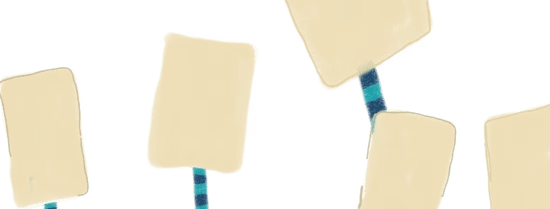📓Read the full thesis here | 🎓Supervisor: dr. Mélodine Sommier | ✉️Contact the author

Black hair discrimination has gained increased visibility in recent years. This is partly due to reported stories of discriminatory school or employment policies that have prevented Black women from wearing their natural afro or curly hair out in work or school environments.
Black female public figures, including former American first lady, Michelle Obama as well as Dutch politician, Sylvana Simons have also been the subjects of Black hair discrimination. This has raised questions about how racial representations of Black hair influence the socio-political position of Black women in western societies. Black hair as a racially charged symbol can have harmful effects on the social realities of Black women living in urban spaces.
In an attempt to investigate the extent of these effects, qualitative research was conducted to interrogate how race is articulated in Dutch capital cities through imagery of Black hair salons and the experiences of Black women who frequent Black hair salons. In order to examine how race manifests in contemporary Dutch society, the roots of race and racism were traced back to the colonial era. By tracing the historical legacy of race and racism in Europe, race relations in the Netherlands could be established and act as a/the departure point for the examination of the articulation of race in urban spaces.
With the aim of understanding how Black women connect their Black hair practices and experiences of going to Black hair salons to their positionality, interviews were conducted with 10 participants. To supplement this inquiry, 60 images of Black and White hair salons in the nexus of the cosmopolitan cities of Amsterdam, The Hague and Rotterdam were collected. Critical discourse analysis and visual analysis were employed to analyse the varied data. The findings highlighted the intersections between race and gender as factors that contribute to the devaluation of Black hair and Black beauty. Ultimately, the research results revealed that race was consistently articulated by dominant representations of White beauty and western beauty standards, whereas Black hair and Black beauty are undermined through their lack of representation.
Palesa Mashigo graduated from the MA in Media, Culture and Society (ESHCC) in June 2020.
